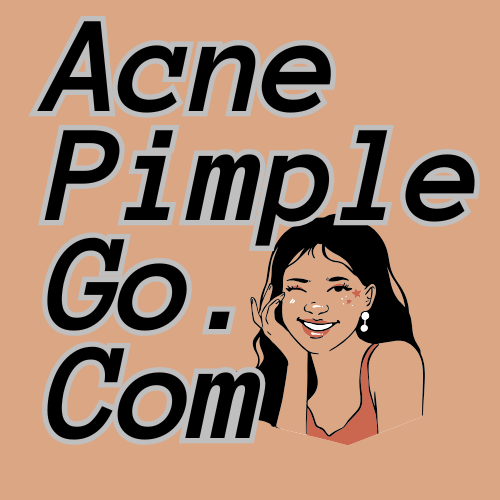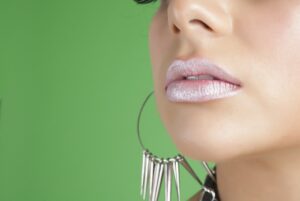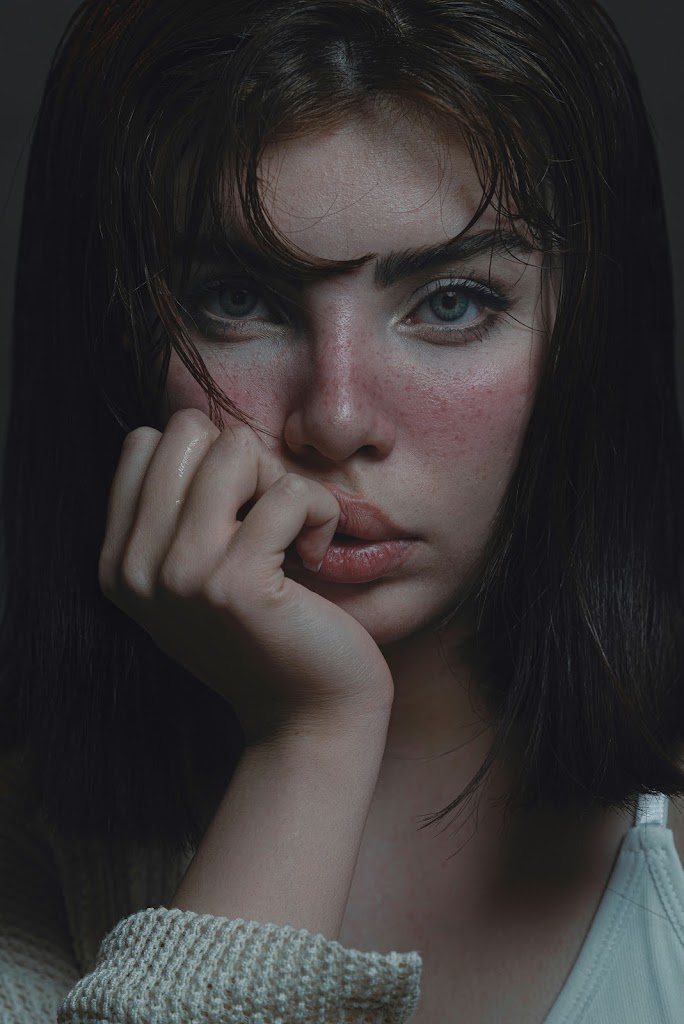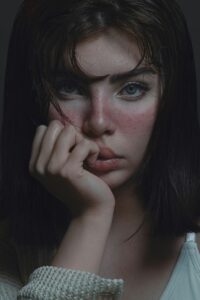Acne, commonly known as pimples, is a skin condition affecting millions worldwide. It occurs when hair follicles become clogged with oil, dead skin cells, and bacteria, leading to inflammation and breakouts. Although acne is most common among teenagers, it can affect people of all ages.
What Causes Acne?
Four main factors primarily cause acne:
- Excess Oil Production (Sebum) – Overproduction of oil by the sebaceous glands can clog pores.
- Clogged Hair Follicles – Dead skin cells and oil block hair follicles, leading to breakouts.
- Bacteria (Propionibacterium acnes) – Bacteria trapped inside pores cause infections and inflammation.
- Hormonal Changes – Fluctuations in hormones (puberty, pregnancy, or stress) trigger excess oil production.
Types of Acne
Acne appears in various forms, ranging from mild to severe. The most common types include:
- Whiteheads (Closed Comedones) – Small, white bumps that form when pores get clogged with oil and dead skin but remain closed.
- Blackheads (Open Comedones) – Dark-colored clogged pores caused by oxidation when exposed to air.
- Papules – Small, red, inflamed bumps that feel tender to the touch.
- Pustules (Pimples) – Inflamed bumps filled with pus, often appearing red with a white or yellow center.
- Nodules – Large, painful lumps under the skin caused by deep infections.
- Cystic Acne – Severe acne with painful cysts filled with pus. This type often leads to scarring.
Acne-Prone Areas on the Body
Acne commonly occurs on the:
- ·Face
- ·Forehead
- ·Chest
- ·Back
- ·Shoulders
How to Treat Acne?
The acne treatment depends on its severity. Here are some common treatment options:
1. Skincare Routine
- -Use a gentle cleanser twice daily.
- -Apply an oil-free moisturizer to keep your skin hydrated.
- -Use non-comedogenic sunscreen to protect from UV damage.
2.Over-the-Counter (OTC) Treatments
- -Benzoyl Peroxide – Kills acne-causing bacteria.
- -Salicylic Acid – Exfoliates and unclogs pores.
- -Retinoids – Promote cell turnover and prevent clogged pores.
3. Prescription Medications
- -Antibiotics (for bacterial infections)
- -Oral Retinoids (Isotretinoin) (for severe acne)
- -Hormonal Therapy (for hormonal acne)
4. Home Remedies
- -Apply tea tree oil (natural antibacterial properties).
- -Use aloe vera for soothing inflammation.
- -Apply honey and cinnamon for antibacterial benefits.
5. Lifestyle Changes
- -Drink plenty of water and maintain a healthy diet.
- -Avoid touching or popping pimples.
- -Reduce stress through meditation and exercise.
How to Prevent Acne?
- -Wash your face regularly with a mild cleanser.
- -Remove makeup before sleeping.
- -Avoid excessive sugar, dairy, and oily foods.
- -Change pillowcases frequently to reduce bacteria buildup.
When to See a Dermatologist?
If acne is severe, painful, or causing scars, consult a dermatologist for personalized treatment.
Conclusion
Acne is a common skin condition, but with the right approach, it can be managed effectively. Whether through skincare, medical treatment, or lifestyle changes, taking care of your skin can help reduce breakouts and improve overall skin health.




